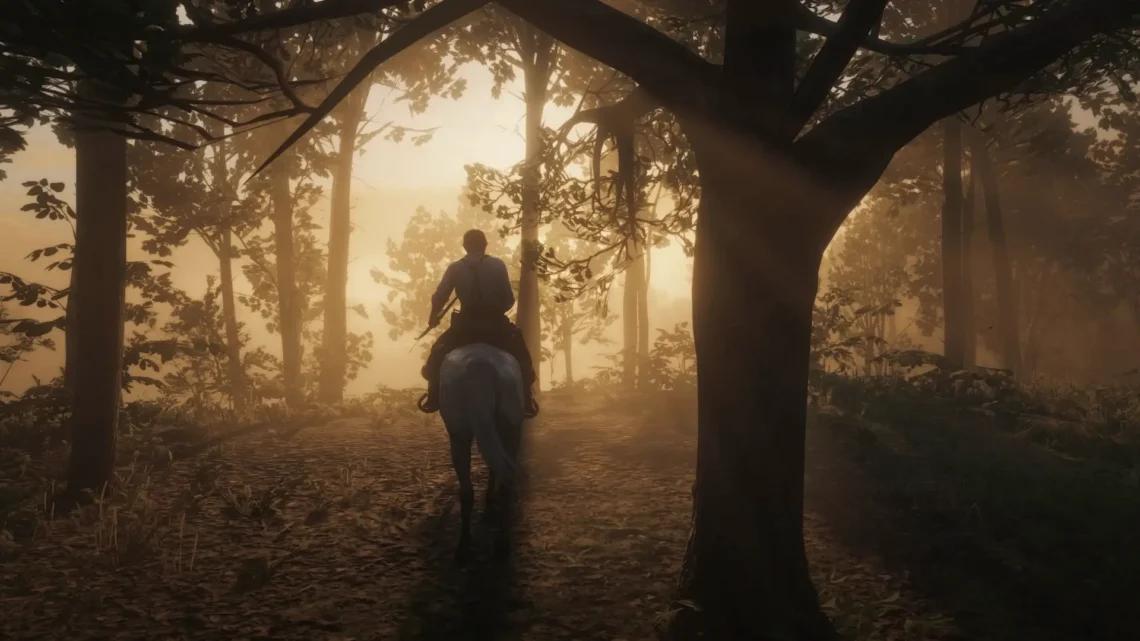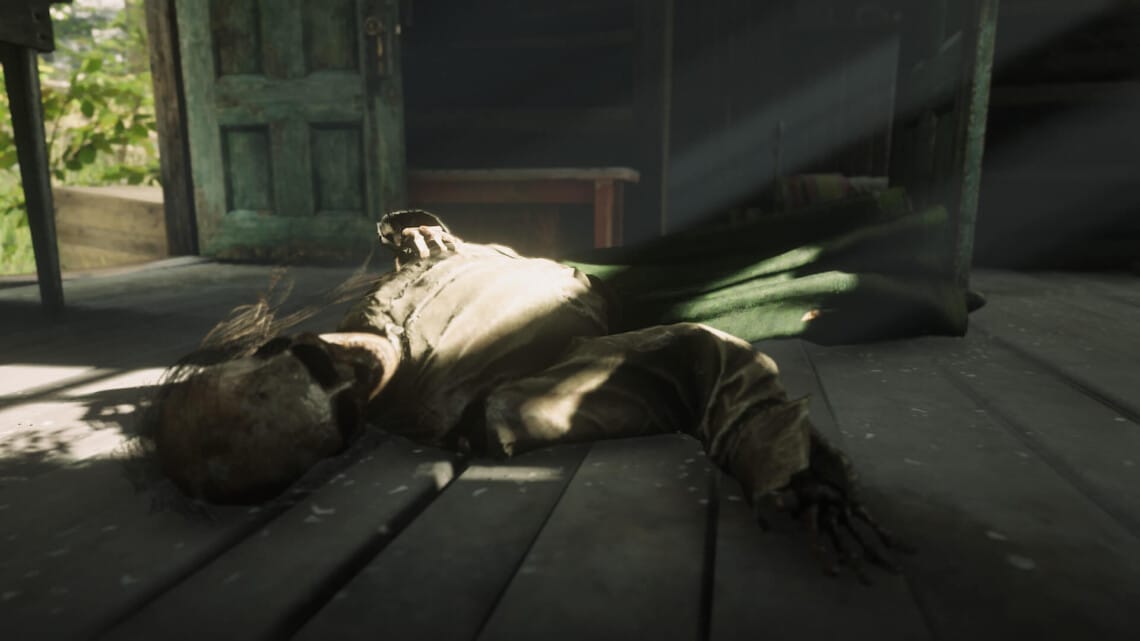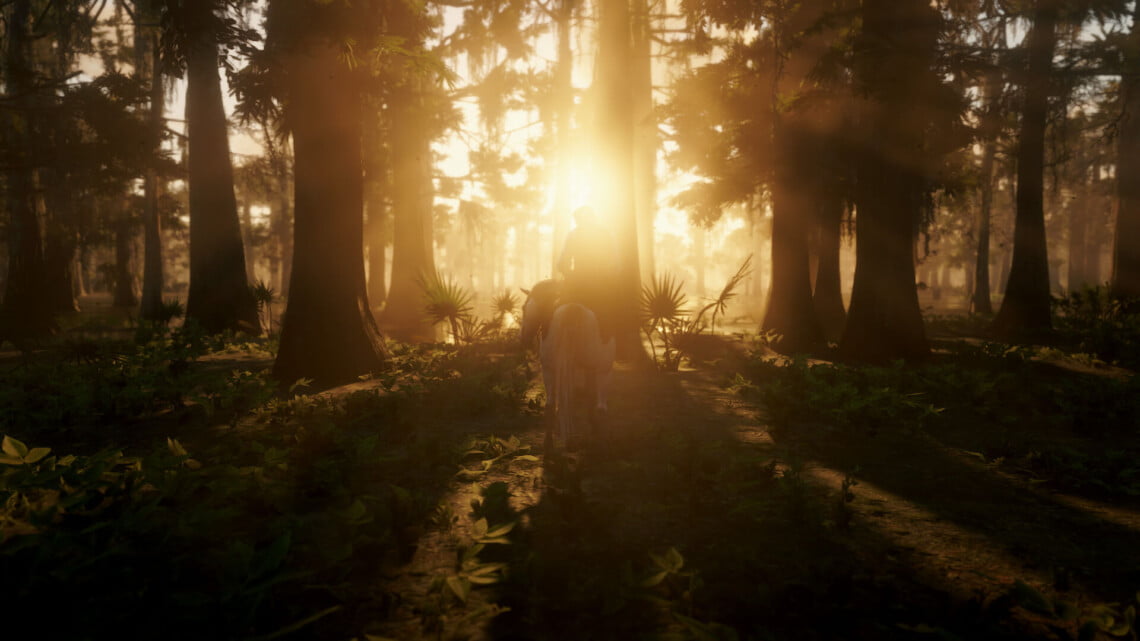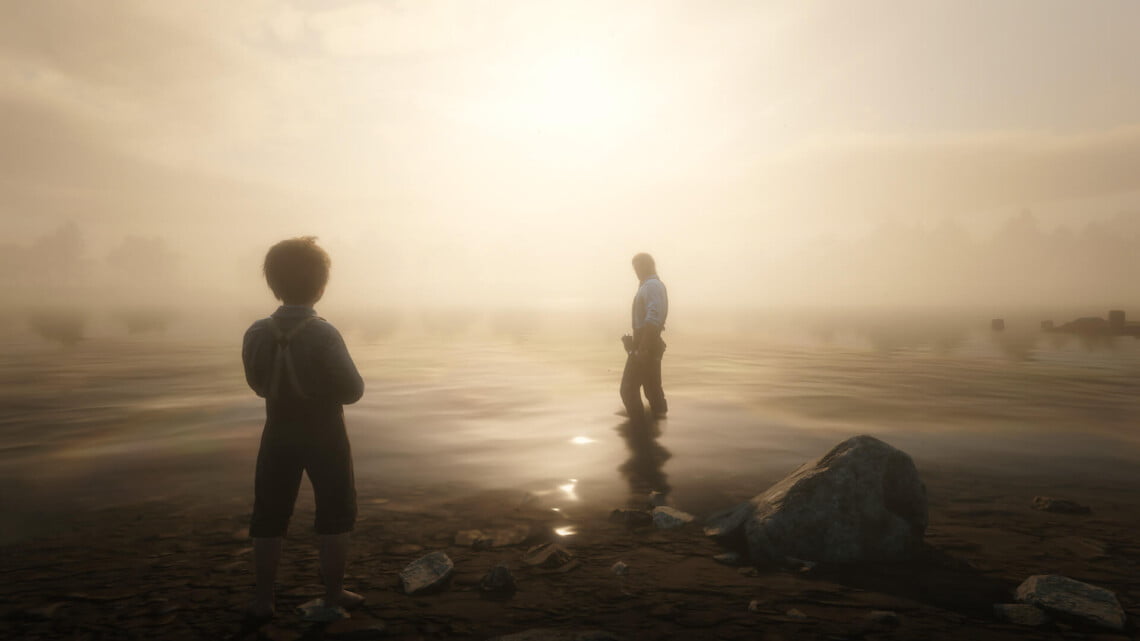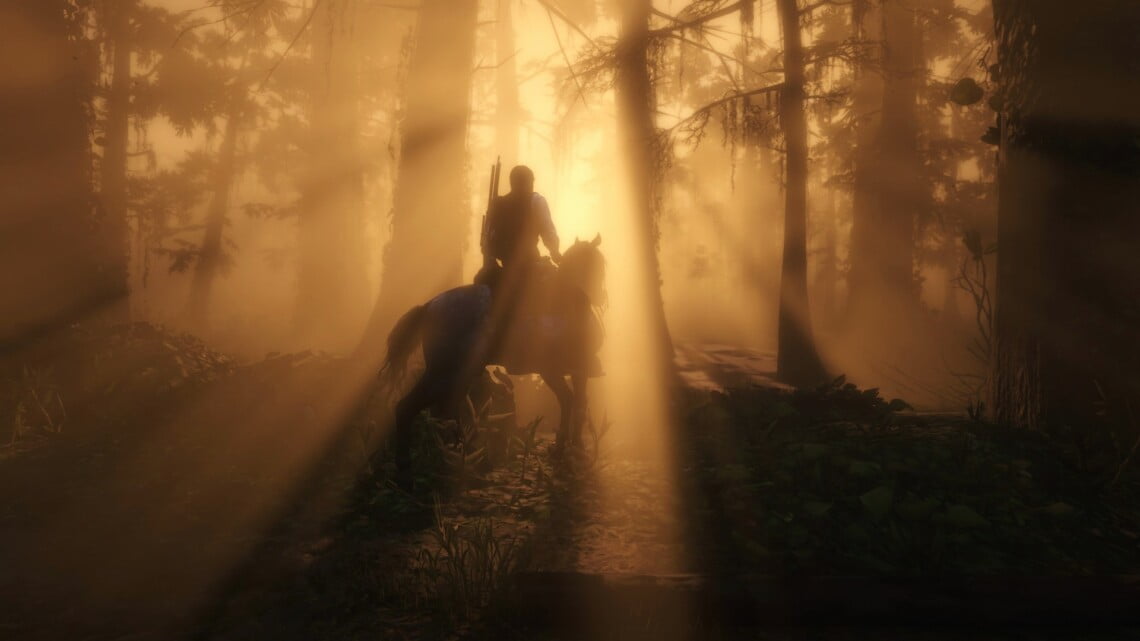Red Dead Redemption 2 is a paradox: despite justifiably being called one of the greatest games ever made, as a work of narrative art, it falls short of greatness. In aspects — the standout performances, the rendition of characters’ facial expressions, the golden choruses of the sunsets — it is superb. However, despite the story's powerful effects, RDR2's reputation as a superlative work is undeserved. Some of its formal problems are, perhaps, inevitable in a narrative form as nascent as the video game. Plot holes break the fabric of the story here and there.
The flawed beliefs about gender that Dan Houser, Michael Unsworth, and Rupert Humphries demonstrate through RDR2 harm their efforts to write characters of both the genders the game depicts. They dismiss the women and damn the men rather than allow them to act in ways the Western codes as feminine. If they were able to understand that women are not lesser beings, perhaps their minds would be broad enough to imagine other endings for their male characters. But they aren't: women are not written well in RDR2.
I've discussed Paradise Lost in some depth now, but there are still quite a few allusions that didn't fit elsewhere. This also seems like the best place to discuss the other allusions to the Romantics in the game. Here's a roundup of the essays, followed by a list of the other references the game makes.
Red Dead Redemption 2 mourns the loss of Eden: the outlaw life in pre-Industrial America. But under the brutal rule of colonialism, who is it who lost paradise? All articles on this site feature detailed discussion of literary allusions in Red Dead Redemption 2, and as such contain unmarked major and minor spoilers for the game, and occasionally the eventual fates of some characters in Red Dead Redemption. Read at your own risk. One of the cleverest things the developers did in Red Dead Redemption 2 was to make the technical limitations of Red Dead Redemption thematic. John can’t swim; Arthur can. John prints; Arthur writes. Arthur is more eloquent…
One of the writers’ apparent motivations in writing Red Dead Redemption 2 was to make Red Dead Redemption even more sad. The way the first game is retconned in the second one can be annoying because of the mismatch in details, but at times, it’s very effective ...
In Red Dead Redemption 2, choices for the player are plentiful, but they rarely have any impact on the game’s narrative. At most, they affect its mood. Of course, in any story game the outcomes have to be predetermined (at this stage, at any rate), but the differences that appear in the story are small indeed. The player can’t change any outcome; you can’t save anyone.
Paradise Lost, as one of the most essential influences of Red Dead Redemption 2, naturally contributes more than characters to the game’s narrative. Like the poem, one of RDR2’s central themes involves the gaining of knowledge. However, the game and the poem come to divergent conclusions about that concept. What Milton condemns, RDR2 declares imperative.
